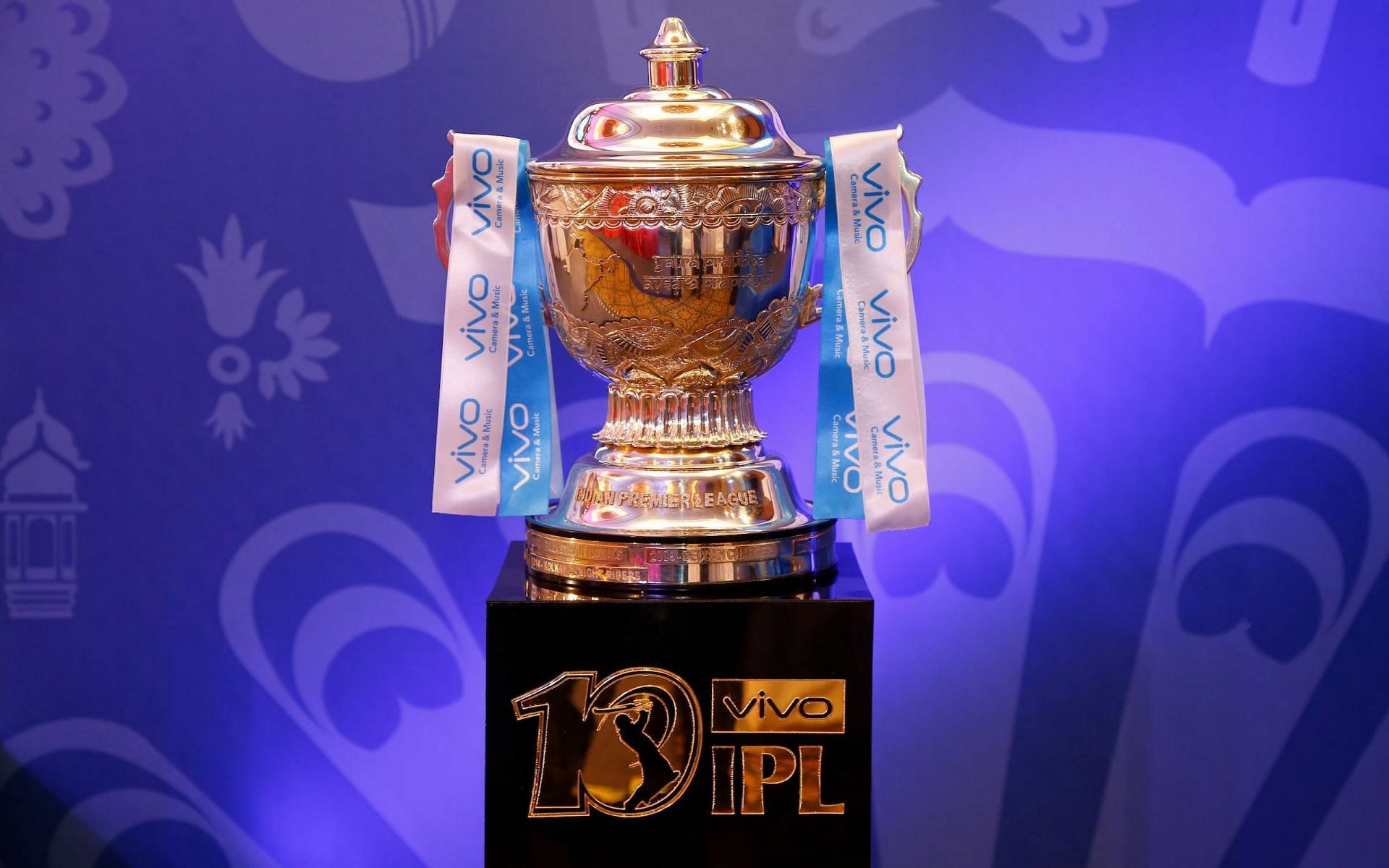
A look at the valuation of the new IPL franchises
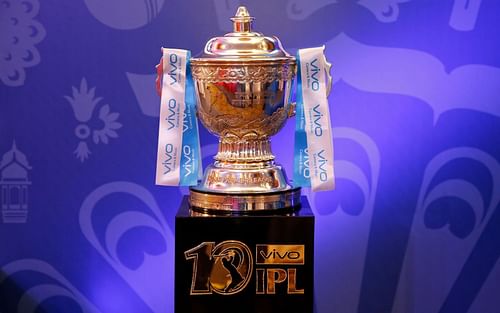
Since 2008, the Indian Premier League (IPL) has enchanted cricket buffs around the globe. Stadiums packed with thousands of high-spirited fans cheering for their IPL teams reflect the reverence this mega-extravaganza carries.
However, you would be mistaken if you thought the IPL was just about cricket. The league is a distinctive illustration of the amalgamation between cricket and business.
From 'DLF Maximums' and 'Karbonn Kamal Catches' to 'Dream 11 Gamechangers' and 'Vodafone Super Fans', brand integrations have been an inseparable element of the 'festival of cricket'.
The IPL carries a brand value of $4.7 billion, according to an annual report by Brand Finance. To put this valuation in perspective, it is close to the Gross Domestic Product of the Maldives.
With two new franchises - the Lucknow Super Giants and the Ahmedabad Titans, the IPL is set to broaden its horizons. When the BCCI announced the winners of the bids for the two new teams, the colossal sums spent to purchase these teams left cricket analysts across the world dumbfounded.
RP Sanjiv Goenka Group shelled out a whopping Rs. 7,090 crores for the Lucknow franchise while CVC Capital Partners won the bid for the Ahmedabad franchise for Rs. 5,625 crores.
To help you gauge how exorbitant these bids are, Rs. 7,000 crores was the approximate value involved in the infamous 'Satyam' scandal that shook Corporate India.
Are these valuations justified? What goes behind the pricing of a franchise? Let's dive deep into the valuation of these franchises.
How much does an IPL franchise earn every season and what are its revenue streams?
Broadcasting revenue
Firstly, broadcasting revenues from Star India for the IPL are split equally between the BCCI and the franchises. Star India paid a mind-boggling sum of Rs. 16,300 crores for the media rights for the 2017-22 cycle, which translates to approximately Rs. 3,270 crores per season.
For the 2021 season, each franchise received Rs. 215 crores as its share of the broadcasting revenues. Projections by the BCCI show that the media rights for the next cycle of five seasons could surpass Rs. 30,000 crores, which is close to a two-fold jump.
Gate/ticket revenue
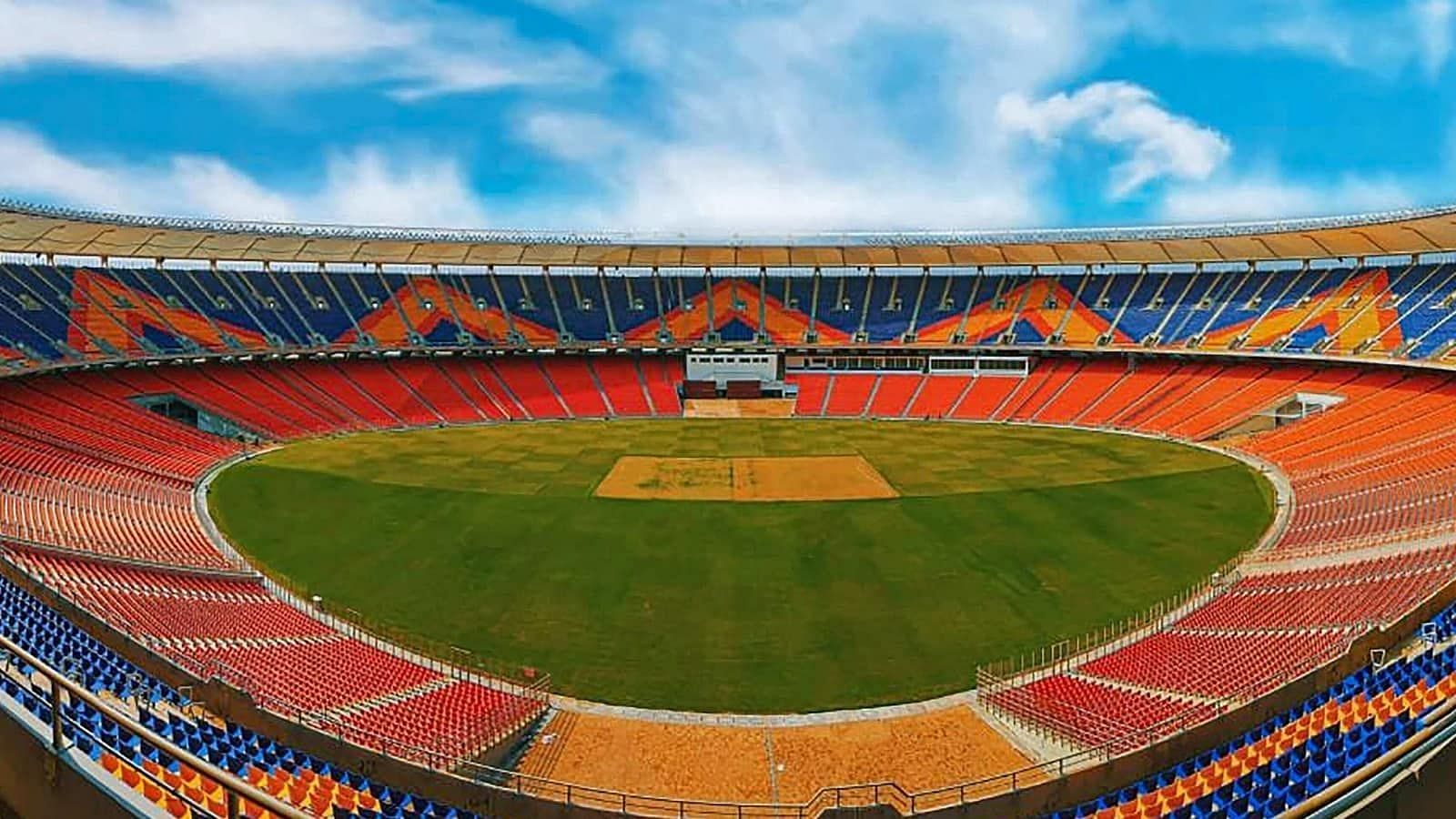
Gate revenues are another significant source of revenue for the franchises. Ahmedabad's Narendra Modi Stadium has an estimated ticket revenue capacity of Rs. 25 crores per match while Lucknow's Ekana Stadium could rake in Rs. 15 crores per match through gate revenues. The home team keeps almost 80% of gate revenues, with the other portion shared between the BCCI and sponsors.
Sponsorships and brand integrations
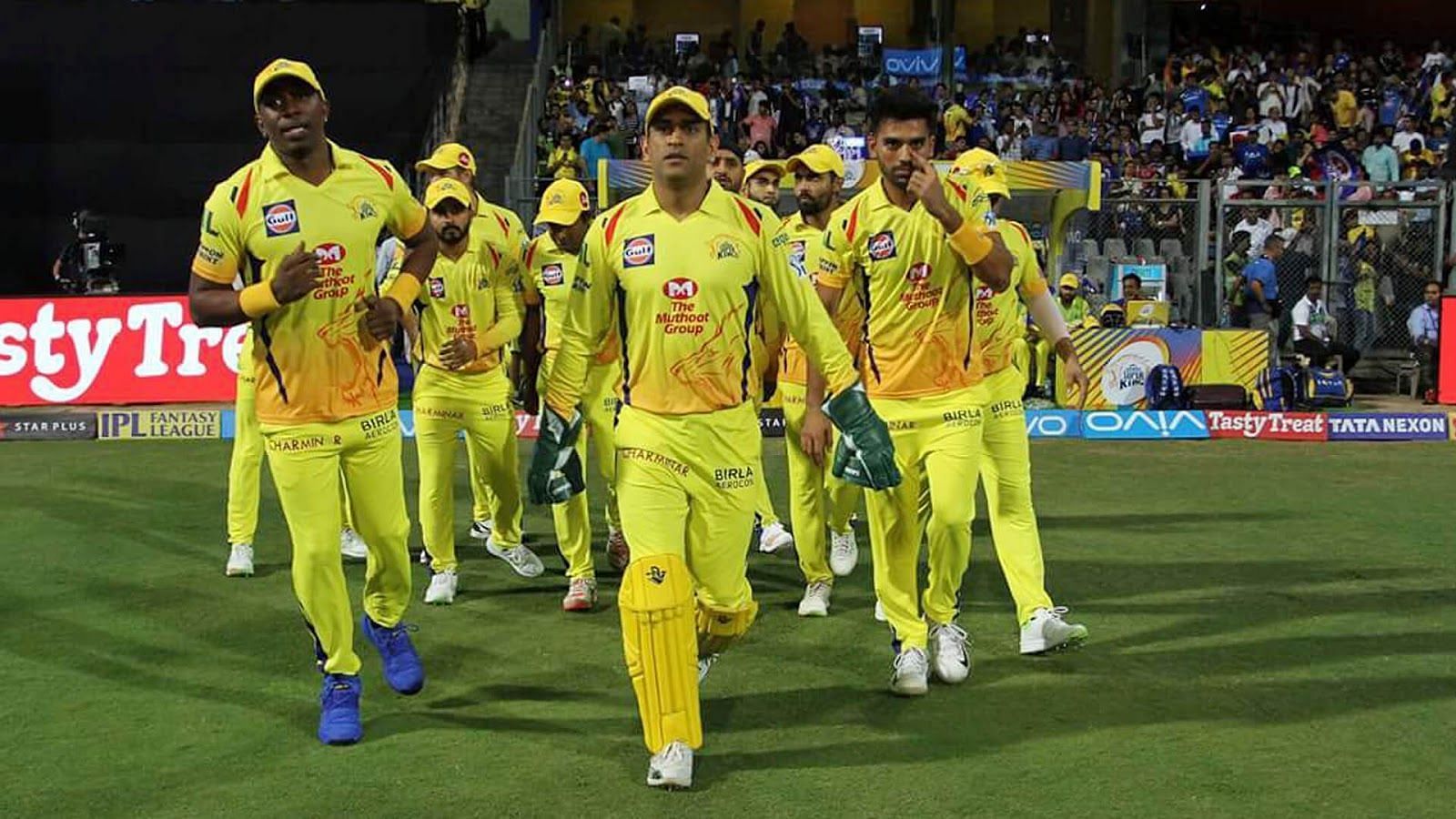
Have you counted the number of logos on the jersey on an IPL team? Sponsorships are yet another stream of revenue for these franchises. CSK, one of the league's most popular franchises, has inked partnerships with 18 brands.
Other sources
Merchandising, licensing, and events account for a small portion of the franchise's top line. Lastly, the prize money for the winner of Rs. 20 crores and the runner-up of Rs. 12.5 crores add to the franchise's revenue pool.
A franchise should be able to generate annual revenue between Rs. 400 and 600 crores from all these streams, depending on its popularity and performance.
Every year, franchisees receive a purse of Rs. 90 crores to bid for players at the auction. In addition, each franchise incurs administrative expenses of about Rs. 100 crores.
Accordingly, a franchise should realize net earnings between Rs. 200 and 400 crores per season. RP Sanjiv Goenka-led Lucknow Super Giants should achieve a nominal breakeven by around 15 to 20 IPL seasons. It's an awfully long gestation period and we haven't even considered the impact of inflation.
What other facets exist to these perplexing valuations?
Brand perception & marketing
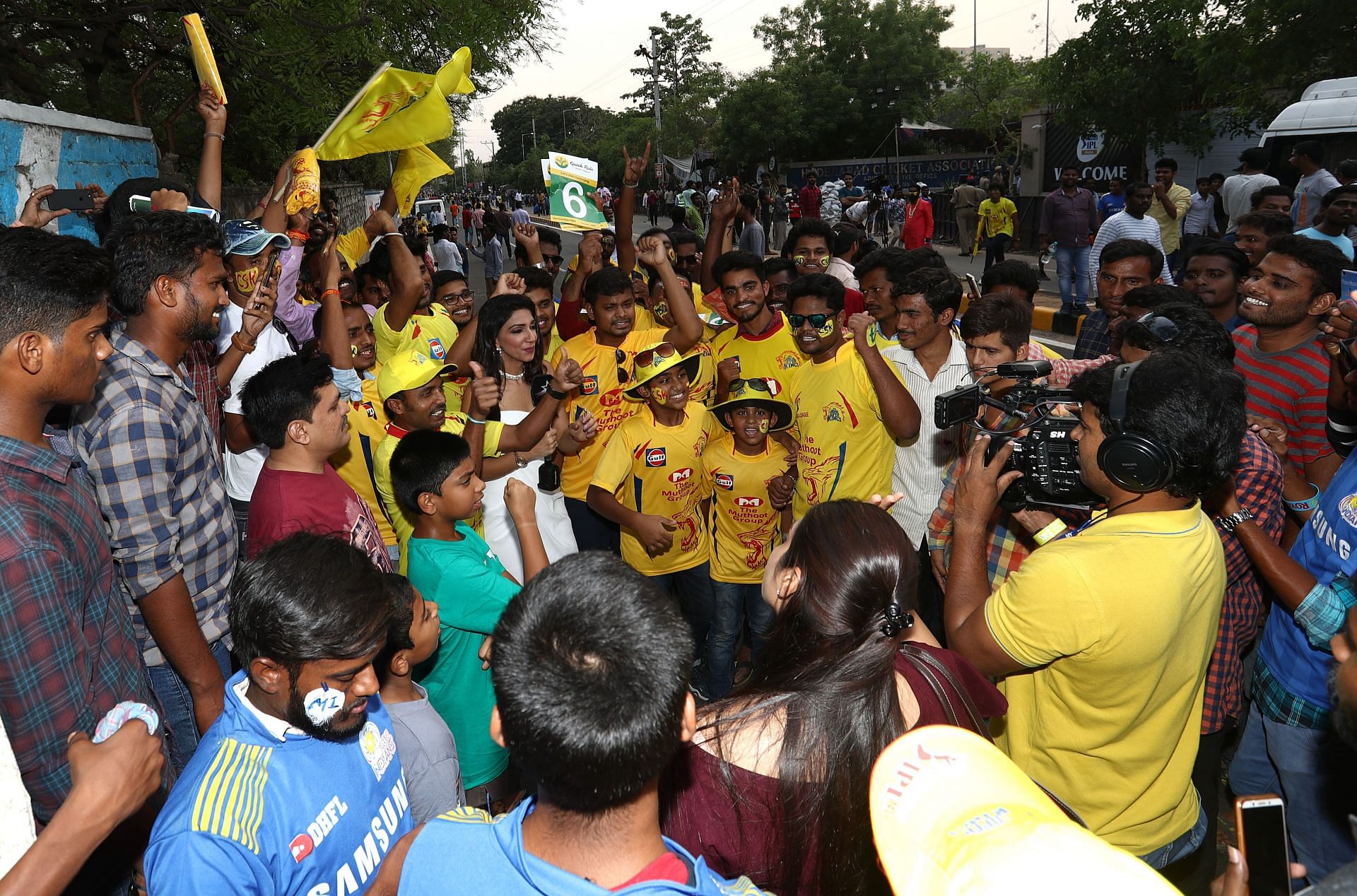
A typical IPL match is an absolute spectacle filled with sincere passion and celebration. Stadiums are set abuzz with music and dance and there is an air of unwavering devotion that fans exhibit. There have also been multiple instances of violent clashes between fans of rival franchises. Meanwhile, viewership on television and OTT platforms is off the charts.
Business owners who bid for such franchisees believe that the fans' devotion towards their team will ultimately manifest itself in the form of loyalty to the brand. For instance, a die-hard Mumbai Indians fan is likely to align himself with the 'Reliance Jio' brand. This brand loyalty is an invaluable asset for business owners.
Furthermore, the IPL offers a platform for brands to market themselves through sponsorships and advertisements. Who doesn't remember the 'ZooZoos' synonymous with Vodafone or the 'Jumping Japang' dance to promote Pepsi IPL 2013?
As per the BARC India viewership data, the tournament clocked a cumulative reach of 405 million viewers — out of a total TV universe of 836 million — across 21 channels that Star & Disney India aired the matches on. The league's marketing potential is seen as a material opportunity to expand the reach of a product or brand.
Click here to view the most sixes in IPL 2022.
Exit opportunity
The most decisive consideration for an investor is the exit potential of an investment opportunity. Let us illustrate the exit opportunity for a franchise through IPL's most popular franchise - 'Thala' Dhoni's Chennai Super Kings.
In 2007, India Cements purchased the franchise for US$91 million. In 2021, the franchise was a unicorn with a valuation of US$1 billion. This value will increase to US$1.5 billion in the next three years, as per projections. The franchise has witnessed an annual compound average growth rate of 19 - 20%.
Another case for examination would be that of the Delhi Capitals. The GMR Group purchased the erstwhile Delhi Daredevils for US$84 Million. In March of 2018, GMR sold a 50% stake in the Delhi Daredevils to Parth Jindal-led JSW Sports for US$73 million. The franchise's value has nearly doubled in a little over ten years.
Sanjiv Goenka is optimistic about the monetary returns on his investment in the Lucknow-based franchise. He is equally upbeat about his team's chances of winning the trophy.
However, the returns on his investment will depend on the popularity and performance of his team. With an Indian superstar in the form of KL Rahul at the helm of affairs and a hue of maverick cricketers in the squad, Sanjiv Goenka seems to have cracked the business code of building an IPL team.
The Ahmedabad-based franchise is not too far behind, with the fashionable Hardik Pandya as their captain.
The IPL has always been a fine example of how the business world can take cricket to greater heights. It wouldn't be a surprise if the glamorous league is soon presented as a case for students to learn from at leading B-schools in the world. The IPL's popularity will expand by leaps and bounds in the years to come and it will continue to present business propositions for the world to examine.
The quality of cricket will also improve exponentially. It will continue to offer opportunities to talented cricketers and talented business owners. After all, that is the very slogan of the IPL as implied by the inscription on the trophy - 'Yatra Pratibha Avsara Prapnotihi' - where talent meets opportunity.